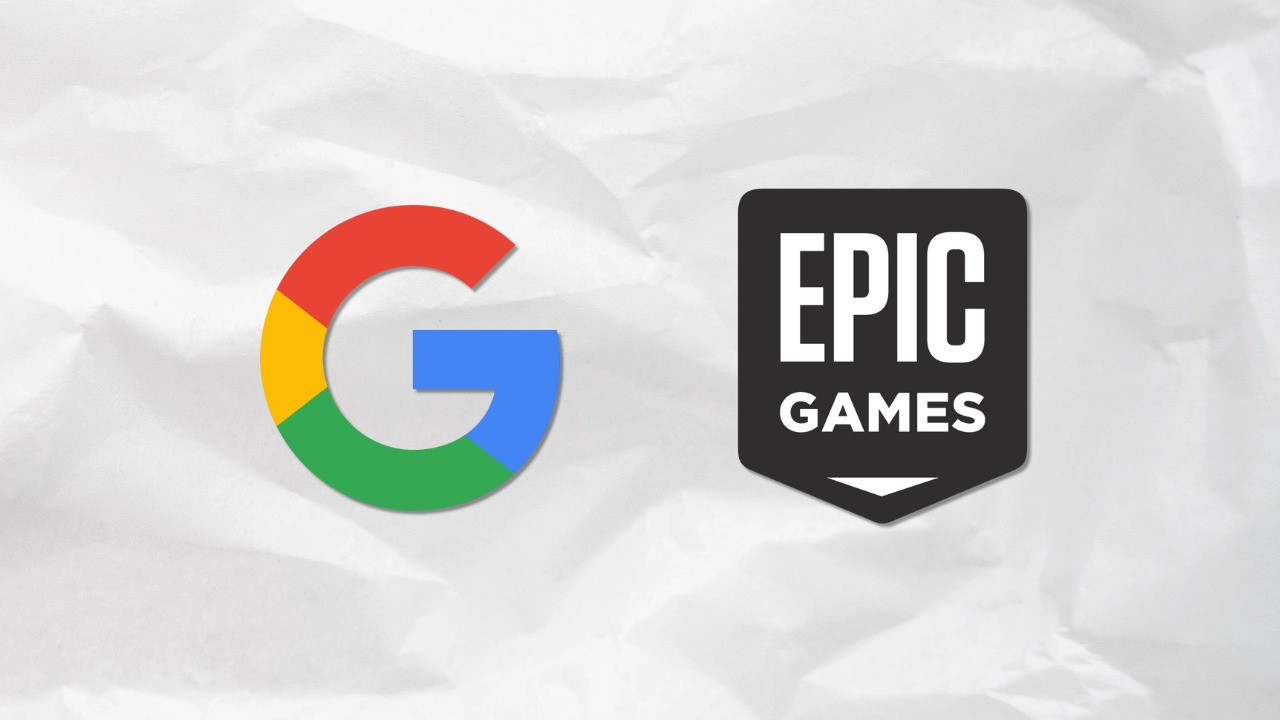
Google Challenges Judge's Ruling to Open Android to Third-Party App Stores
Websites & Apps
Zaker Adham
11 October 2024
09 September 2024
|
Paikan Begzad
Summary
Summary
Meta has announced significant progress in its efforts to comply with the EU’s Digital Markets Act (DMA), which mandates messaging interoperability among large tech companies. This new initiative will allow users of Messenger and WhatsApp to import chats from third-party apps, paving the way for a more interconnected messaging experience for EU users.

Back in March, Meta shared its vision of improving messaging interoperability, aligning with the EU’s objective of preventing major platforms from dominating the market. Now, Meta is moving forward with tangible updates that include new user interface features and clearer in-app options for integrating third-party messages.
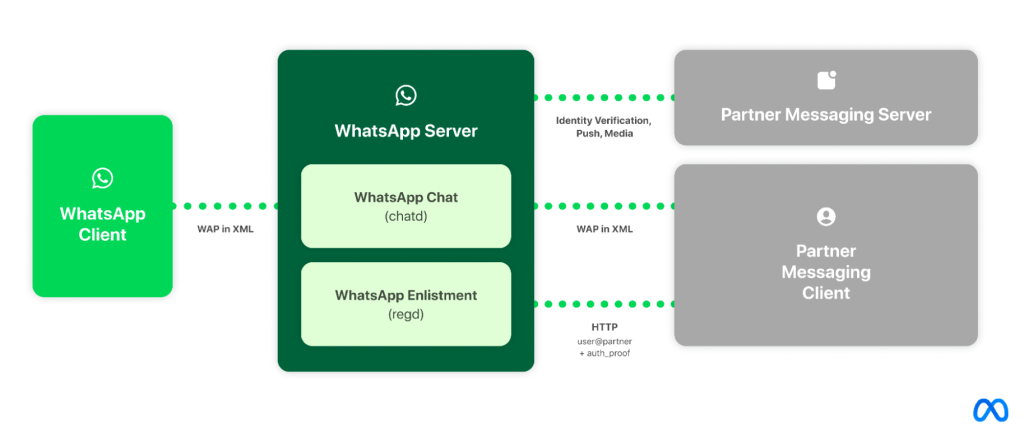
One of the main changes involves making it easier for users to connect with people on other messaging apps. Meta is adding in-stream notifications to both WhatsApp and Messenger, which will inform users when they receive messages from third-party platforms. Additionally, users will be notified whenever a new messaging app becomes compatible with Meta’s services, ensuring seamless integration over time.
To enhance user experience, Meta has introduced explainers on how third-party chat imports work and the steps required to activate this option. Users can now opt to keep third-party messages separate from their primary inbox, or they can choose to combine all messages into a single inbox for convenience. This flexibility helps users manage their conversations efficiently while minimizing the risk of spam from external sources.
"We believe that many users would prefer to keep third-party chats in a separate folder, while others may want all their messages in one place," Meta said in a statement. Offering both options gives users control over how they organize and prioritize their chats.
In addition to third-party integration, Meta has enhanced its messaging features for imported chats. Users can now enjoy rich messaging capabilities, including reactions, direct replies, typing indicators, and read receipts. Looking ahead, Meta plans to introduce group chat functionality in 2024 and will enable voice and video calling by 2027, further expanding the interoperability ecosystem.
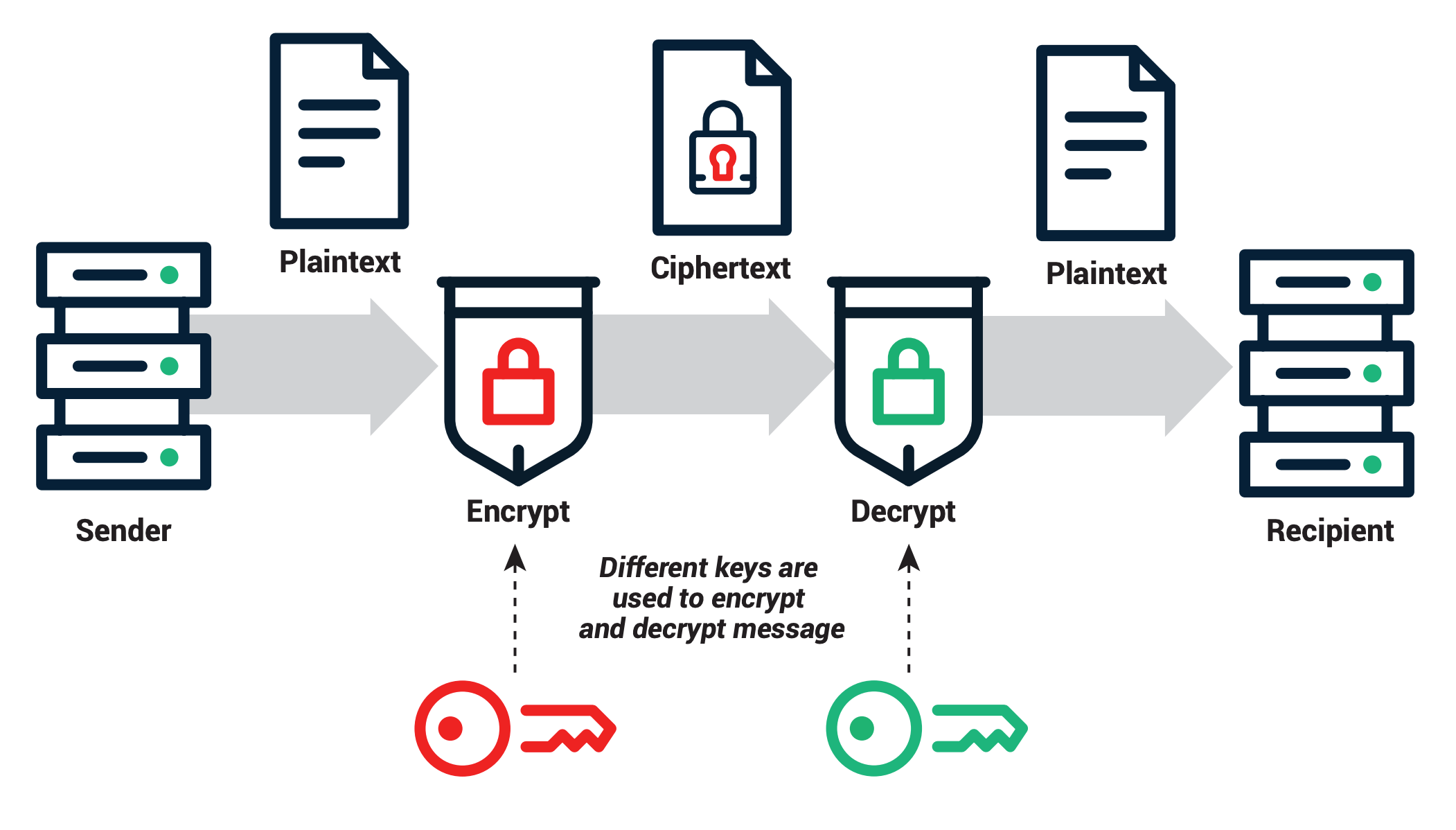
However, one crucial element is still missing—encryption. Many of the third-party messaging platforms supported by this update do not offer end-to-end encryption (E2EE), which Meta has committed to implementing across its messaging services. This presents a significant challenge, as the company must ensure that integrating external chats doesn’t compromise user security. To address this, Meta may encourage users to keep third-party messages separate from their primary inbox, allowing for clearer delineation between secure and non-secure conversations.
The new messaging features represent a step forward in Meta’s plan to fully integrate its own messaging apps, while also opening the door to wider collaboration with third-party providers. This move not only complies with EU regulations but also offers users more flexibility in managing their digital communications across multiple platforms.

Websites & Apps
Zaker Adham
11 October 2024
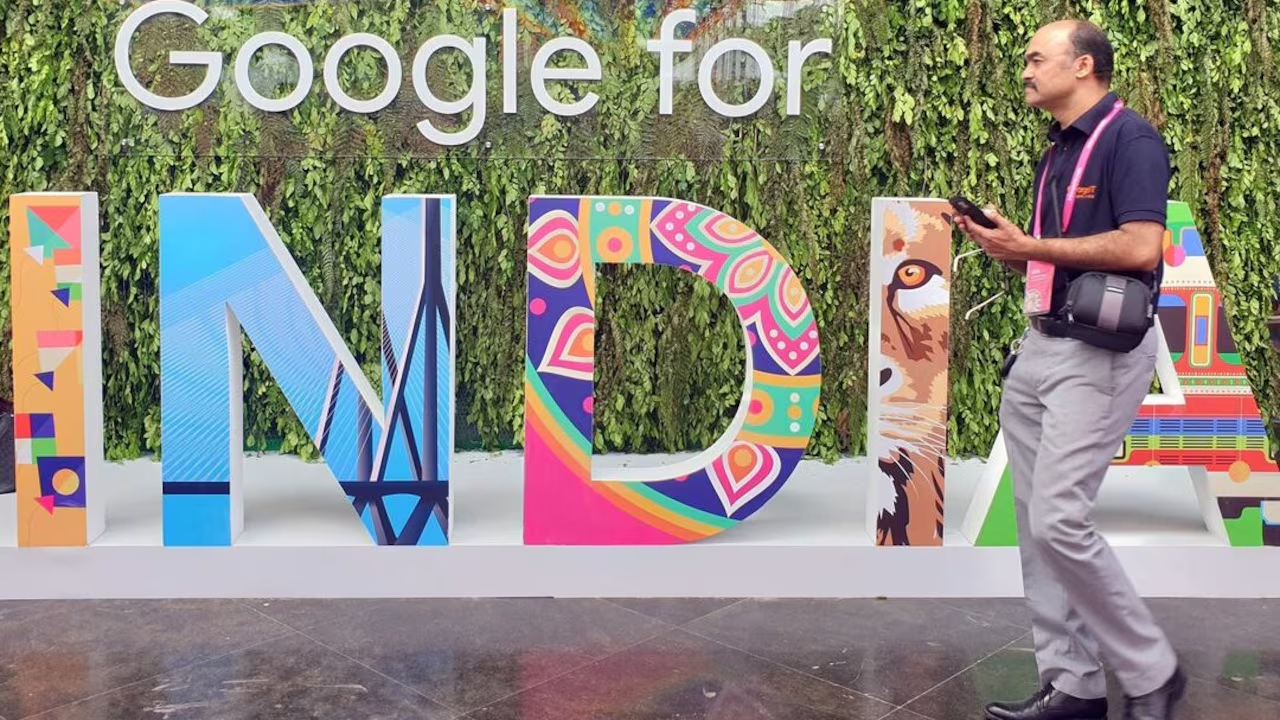
Websites & Apps
Zaker Adham
05 October 2024
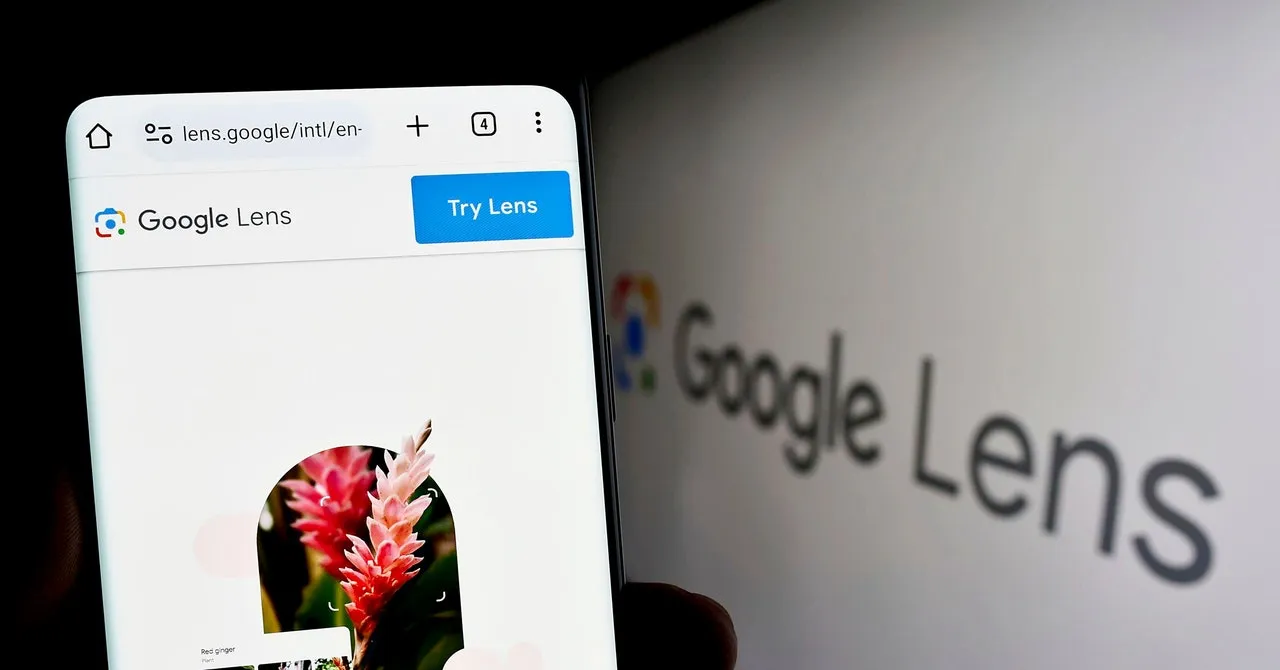
Websites & Apps
Zaker Adham
05 October 2024
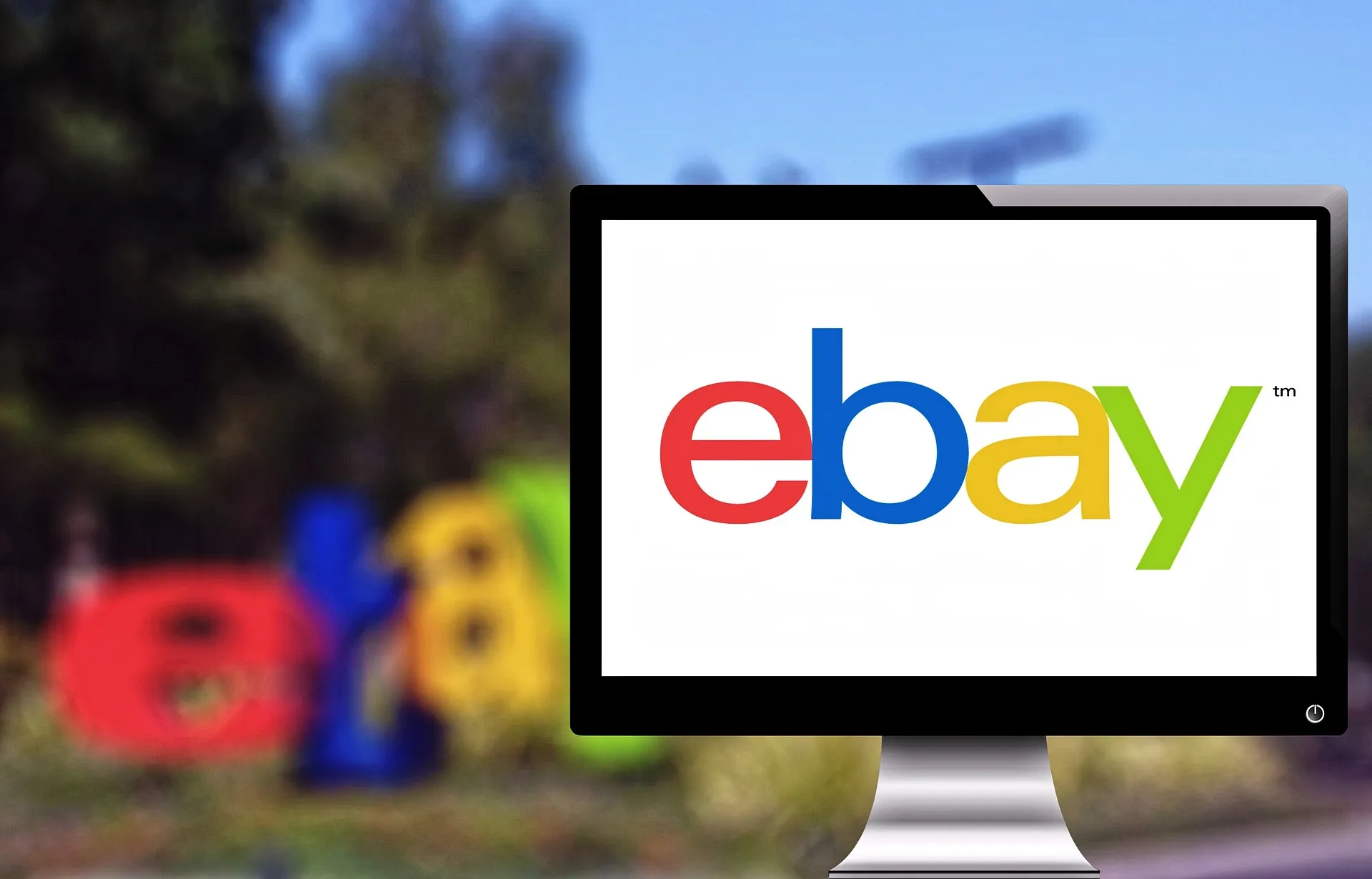
Websites & Apps
Zaker Adham
01 October 2024